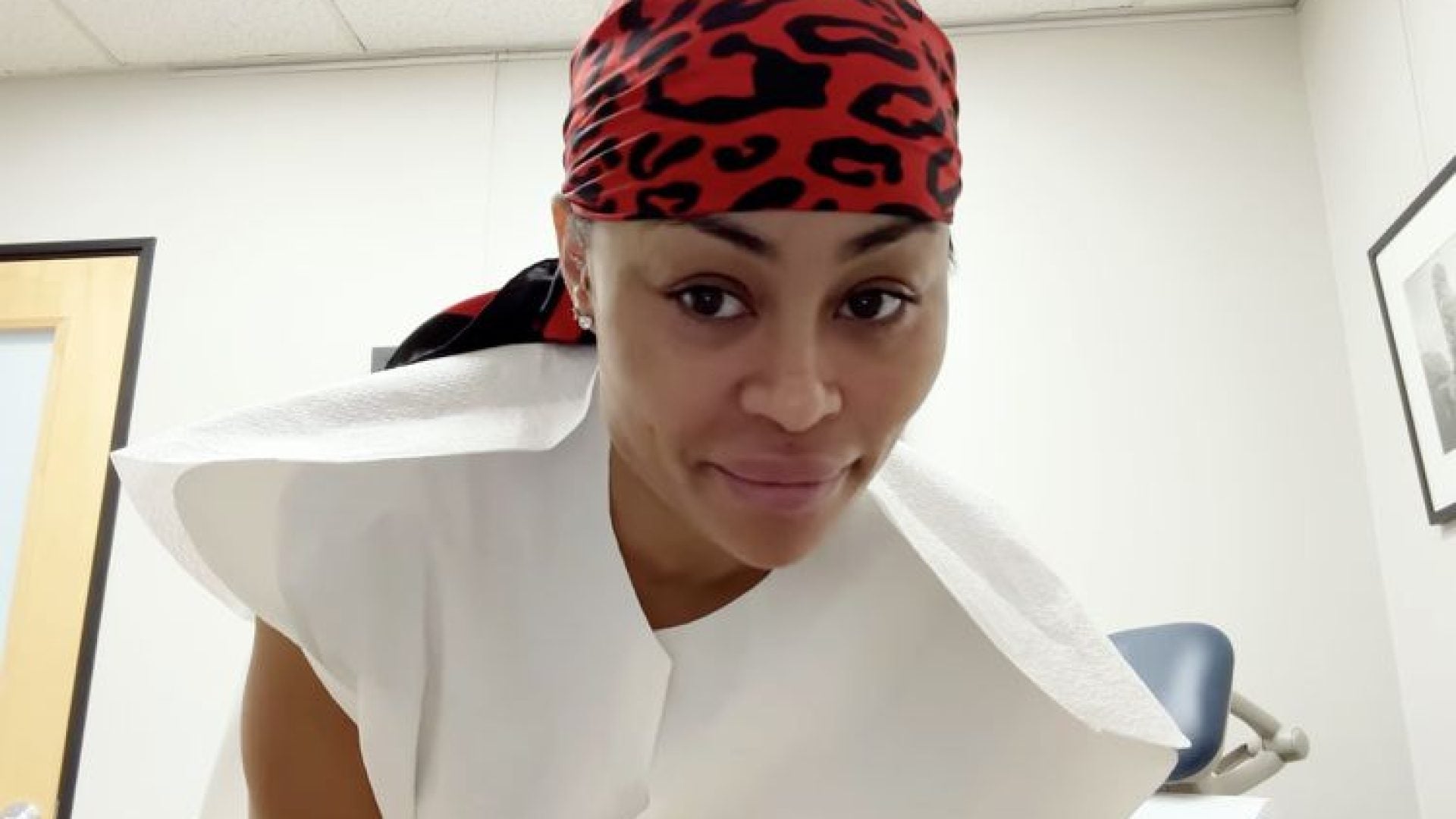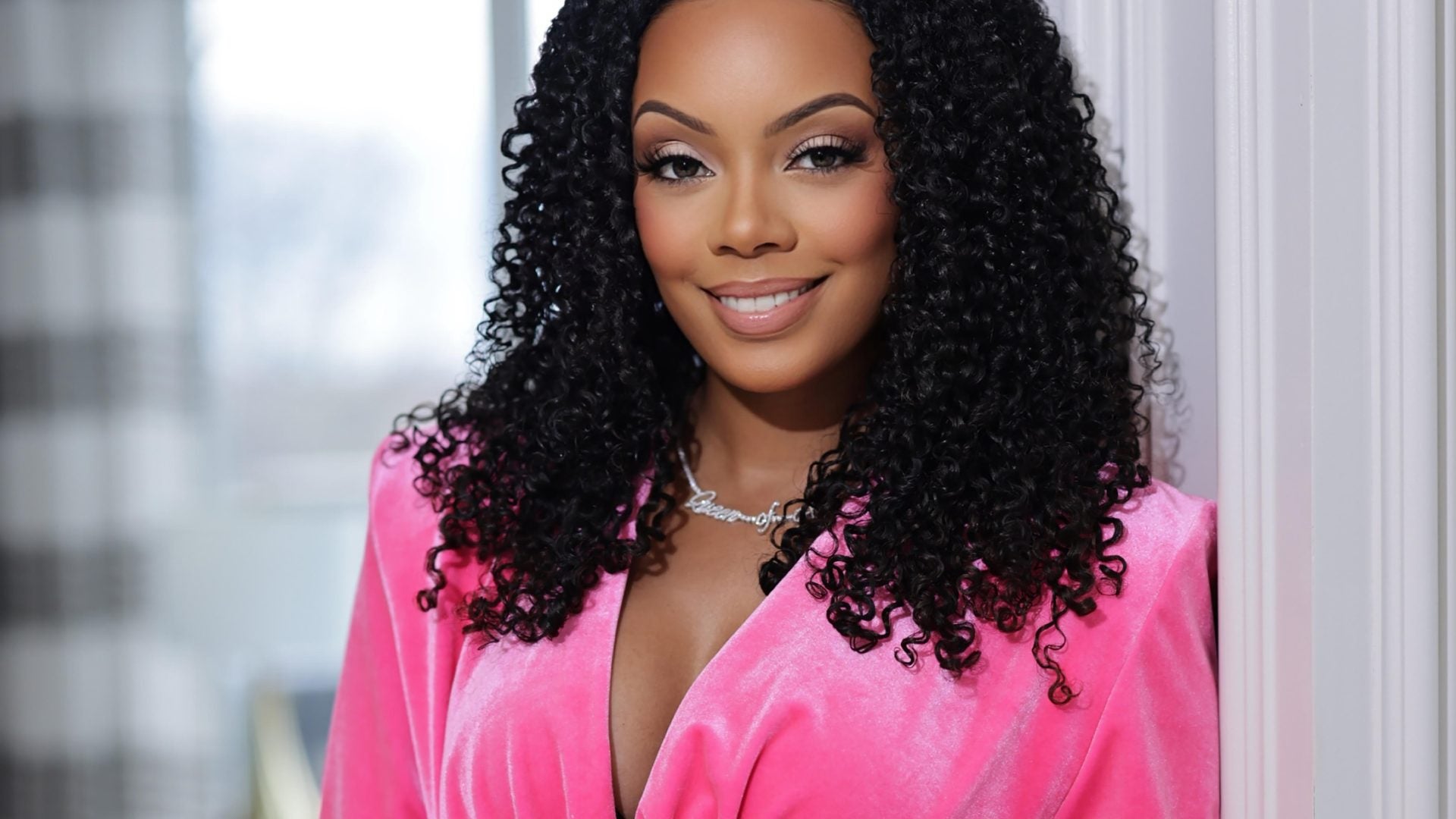
Brazilian Butt Lifts (BBLs) wield an influence that extends far beyond mere body contouring. The prevailing trend has not only elevated buttock aesthetics but have also forged a beauty paradigm within the cosmetic industry. This phenomenon has captivated not only those A-listers seeking enhancements, but also the wider public, garnering both fascination and scrutiny.
The imprint of BBLs is portrayed most notably by some non-Black celebrities, such as Kylie Jenner and Khloe Kardashian, who have undergone cosmetic augmentations, including butt enhancements, and lip injections. Plastic Surgeon, Dr. Miami, went as far as posting viral TikTok videos about them, spotlighting the presence of BBLs and other cosmetic enhancements within the Kardashian-Jenner family.
“Waiting on you guys to realize the hourglass shape did not start with that family,” Dr. Miami said in a video on Tik Tok. Procedures such as BBLs, skin darkening, and lip injections, among various others, contributes to the troubling trend of commodifying and fetishizing Black features for cosmetic purposes. Referred to as “Blackfishing,” this phenomenon encompasses instances where non-Black public figures, often of white descent, seek to emulate Black appearances, thereby capitalizing on the allure of Black culture. This endeavor to establish new beauty ideals by adopting appropriated Black traits, encompassing skin tone, hair, nails, and more, not only perpetuates racial insensitivity but also exploits Black features.
Brazilian Plastic Surgeon, Ivo Pitanguy, is a renowned surgeon known to perform extreme makeovers — face lifts, tummy tucks, and other procedures — to the rich and famous. He first performed the Brazilian Butt Lift surgery in 1960. Fast forward a few decades, and from 2015 onward, there was a notable surge in the global count of butt lift procedures, witnessing a growth of 77.6 percent as reported in a 2020 survey conducted by the International Society of Aesthetic Plastic Surgery. Furthermore, the American Society of Plastic Surgeons found that the amount of augmentation surgeries increased by 90.3 percent between 2015 and 2019, making it the fastest-growing plastic surgery procedure.
Black celebrities, like Blac Chyna, have been forthcoming about the details of their plastic surgery. “A BBL is when they use your fat, ass shots is silicone. Do not get silicone shots because you can get sick, you can die, have complications, and all that crazy stuff,” Chyna said on Instagram video in March. Chyna made the decision to have her breast and butt implants removed, marking the conclusion of her engagement with the BBL trend. “As y’all know, I’m changing my life and changing my ways. So one of the things that I feel like is gonna take me to the next level is obviously taking some of these ass shots out.”
With the increasing accessibility of cosmetic procedures, their appeal is no longer confined to the rich and famous. The cost of a Brazilian Butt Lift can vary widely, ranging from $7,000 to $15,000 depending on location and the surgeon chosen. However, not all BBLS are created equal. Not all individuals seeking these procedures can afford the entire expense. The pursuit of low-cost surgeries performed by unqualified plastic surgeons has led to disproportional hip-to-thigh ratios, visibly exaggerated enhancements, and grave complications. With a mortality rate higher than any other cosmetic surgery, reaching as much as 1 in every 3,000 cases, the result of unnatural appearances have contributed to a decline of this once-popular procedure.
The fascination with butt enhancements has experienced a downturn since 2021, coinciding with the beauty industry’s renewed appreciation for a more authentic and natural physique. Nevertheless, in contrast to butt implants, reversing the effects of BBL surgery is more complex. The procedure involves the extraction of fat from the abdomen via liposuction, which is then injected into the buttocks. In cases where the fat has been injected into the muscle, a technique frequently employed in international procedures, the reversal of the BBL becomes unfeasible.
In the aftermath of the BBL surge, we see an environment among celebrities and the like working to remove their body enhancements, not only for health reasons, but to begin loving their natural bodies more. Chyna isn’t alone in her journey to enhancement removal. In 2020, songstress K. Michelle got real about her decision to get plastic surgery and why she decided to begin the reversal process, which took multiple operations to fix her botched silicone injections. Influencers like Kim and Khloe Kardashian are now rumored to have undergone BBL reductions as well.
Whether procedure or natural, Black women have historically been synonymous with a larger derriere. The phenomenon of fetishizing the appearance of Black women as a passing trend is problematic. Trends are transient by nature, highlighting the issue of reducing a body to a trend in the first place. Although the popularity of BBLs might diminish, it’s important to remember that for certain Black women, these features are an innate reality.
Perhaps it’s time for the departure of the big butt trend. It could serve as an entry point for embracing true inclusivity, embracing our natural bodies, and resisting the influence of European beauty trends. Compounded by celebrity culture, the BBL trend dying is a signal to create healthy and realistic self-perceptions that aren’t warped by social media.




